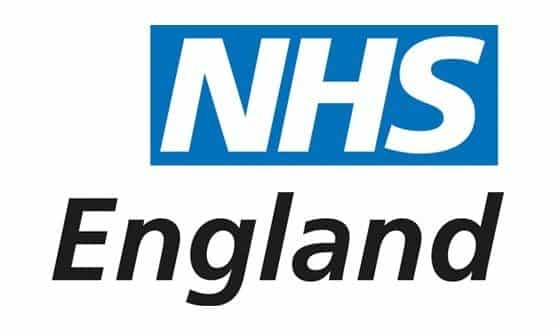NHS England seeks GP and patient views of online consultations

NHS England is inviting patients and GPs to submit their view on online consultations.
Opened on 8 May, the survey asks GPs, practice teams and members of the public to offer their input so NHS England can “improve the service and increase the availability and use”.
The national body defines online consultations as a way for patients to contact their doctor via a smartphone, tablet or computer.
NHS England is running two surveys: one for patients and one for GPs and practice teams.
Patients are asked whether they are aware of their GP surgery offering online consultations, whereas doctors are questioned on their opinions so NHS England can understand the support they might require.
NHS England’s website reads: “Insight collected from this survey, along with other forms of engagement, will be analysed by NECS (North of England Commissioning Support) on behalf of NHS England.
“This insight will help determine the most appropriate support and resources needed for both practices and patients to adopt online consultations as an enhancement to currently available online services.”
The survey is closes on 15 June.
In March, the Care Quality Commission (CQC) published a review into online consultations which revealed that 43% of the providers inspected by the regulator were found not to be providing ‘safe’ care, in accordance to the relevant regulations.





6 Comments
“Patients are asked whether they are aware of their GP surgery offering online consultations, whereas doctors are questioned on their opinions . . . ”
This is NHS England’s idea of engaging with NHS patients.
Plus ça change, plus c’est la même chose.
I have been exploring this issue for around three weeks now and this really is the very first page that absolutely makes sense. How come it’s so difficult to access reasonable advice regarding security and safety today? Surely respect the effort you invested getting your ideas in to words so amateurs similar to myself will be able to take a step. Maybe there is a part 2 with your article? Thanks again!
Steve, you don’t need a video consultation for most of the tasks you list – most could be done by email, phone call or app.
Only trivial clinical problems ere suitable for video consultation. The problem is you don’t know if it will be trivial until the time has already been spent. Time is a commodity in short supply for GPs.
Would it not have been an idea to do this BEFORE areas have gone out to tender for systems and initiated pilots of said systems.
Door…horse….bolted… springs to mind.
Don’t be silly, Paul. That’s far too sensible.
There is a difference between a GP Practice offering online consultation services to its patients and Private Providers offering a paid for e consultation service.
We should also be clear that the specific services offered by a GP Practice included in online or e-consultations are many and variable. Simple transactional services such as prescription requests and appointment booking,structure questionnaires with decision support, email questions to clinicians, video consults etc….
It would be reasonable to assume that some services would be better received than others.
Comments are closed.